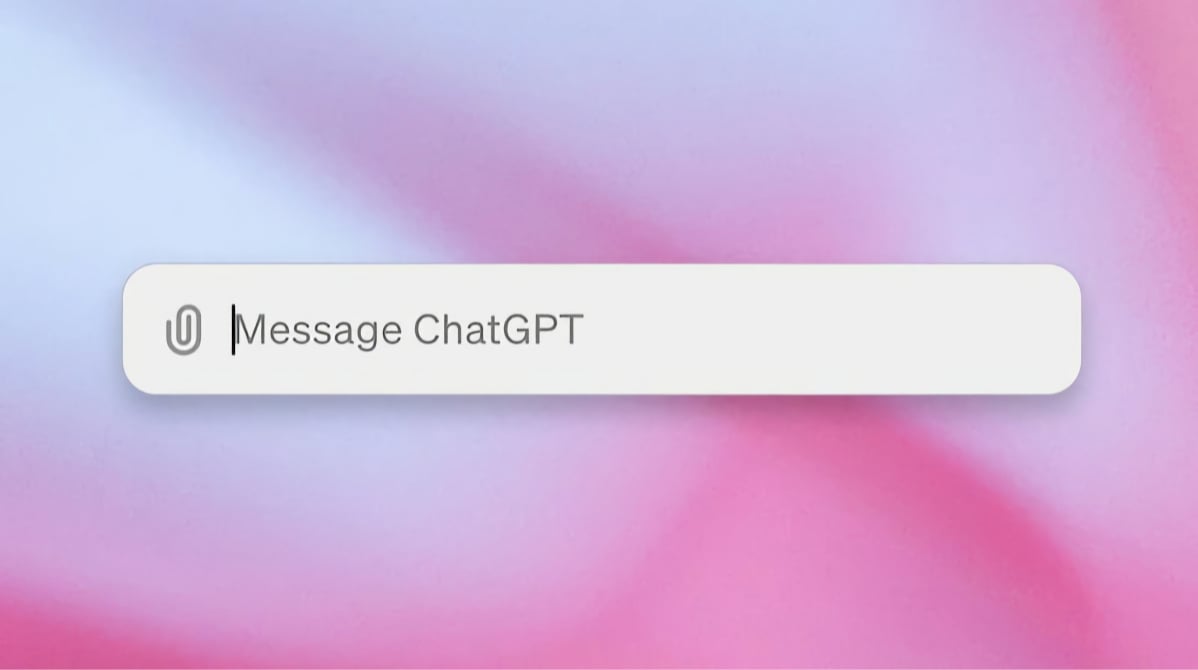“

Taras Mishchenko Editor -in -chief Mezha.media. Taras has over 15 years of experience in IT journalism, writes about new technologies and gadgets.
Last week, US District Judge Sidney Stein in Manhattan supported a previous decree that requires Openai to store all user data as evidence in The New York Times against Copyright Company. This decision obliges Openai to store billions of chats, which destroys the idea of privacy of more than 70 million Chatgpt users.
Users often share with Chatgpt extremely personal information – from medical issues and problems in deed to deep psychological experiences, hoping that their data will be finally deleted on request. However, the court order from January ordered Openai to store “all the original data that would otherwise be deleted” at the time of the case.
Last week, Judge Stin confirmed this requirement, noting that it was possible to “assume” that some users were removing chats to hide copyright violations. He also decided that the preservation of deleted chats does not violate the privacy policy of OpenAi, since it provides for the possibility of storing data for the fulfillment of legal obligations.
The decision has caused a sharp criticism of human rights activists who believe that such a decision is a massive data collection without the consent of users. Experts warn that this creates a dangerous precedent, for which any plaintiff will be able to require the storage of data of millions of non-involved people to strengthen their business.
Many Chatgpt users are especially concerned about the intimate nature of their conversations. At the same time, they do not have real mechanisms to challenge the use of their data in this case, and the attempts of individuals to intervene were rejected by the court.
The New York Times insists that the preservation of deleted chats is needed, as users could delete them to hide copyright violations. Privacy defenders deny that most users delete chats for personal safety reasons and not for violations of the law.
Critics emphasize that the newspaper that once exposed the programs of mass tracking now requires the creation of a “database just dreamed of anb” to win a copyright case.
”, – WRITE: mezha.media

Taras Mishchenko Editor -in -chief Mezha.media. Taras has over 15 years of experience in IT journalism, writes about new technologies and gadgets.
Last week, US District Judge Sidney Stein in Manhattan supported a previous decree that requires Openai to store all user data as evidence in The New York Times against Copyright Company. This decision obliges Openai to store billions of chats, which destroys the idea of privacy of more than 70 million Chatgpt users.
Users often share with Chatgpt extremely personal information – from medical issues and problems in deed to deep psychological experiences, hoping that their data will be finally deleted on request. However, the court order from January ordered Openai to store “all the original data that would otherwise be deleted” at the time of the case.
Last week, Judge Stin confirmed this requirement, noting that it was possible to “assume” that some users were removing chats to hide copyright violations. He also decided that the preservation of deleted chats does not violate the privacy policy of OpenAi, since it provides for the possibility of storing data for the fulfillment of legal obligations.
The decision has caused a sharp criticism of human rights activists who believe that such a decision is a massive data collection without the consent of users. Experts warn that this creates a dangerous precedent, for which any plaintiff will be able to require the storage of data of millions of non-involved people to strengthen their business.
Many Chatgpt users are especially concerned about the intimate nature of their conversations. At the same time, they do not have real mechanisms to challenge the use of their data in this case, and the attempts of individuals to intervene were rejected by the court.
The New York Times insists that the preservation of deleted chats is needed, as users could delete them to hide copyright violations. Privacy defenders deny that most users delete chats for personal safety reasons and not for violations of the law.
Critics emphasize that the newspaper that once exposed the programs of mass tracking now requires the creation of a “database just dreamed of anb” to win a copyright case.
